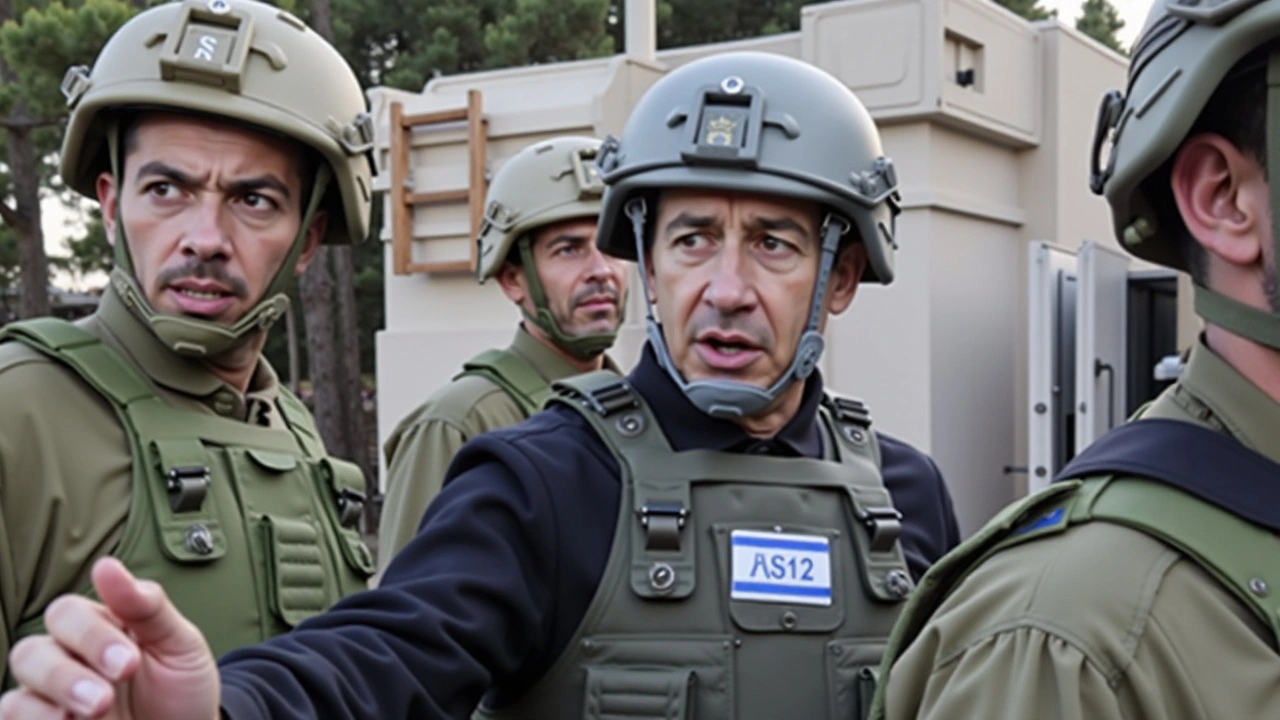Arms Embargo: What You Need to Know
Can a vote in a council stop a war? Not always — but an arms embargo tries to do exactly that by cutting off weapons and military gear to a country or group. Too often people hear the phrase and assume it's simple. It isn't. An embargo changes who can buy, sell, or move arms, but it doesn’t erase demand. That gap is where black markets and smugglers step in.
How arms embargoes work
An arms embargo is a legal restriction. It can come from the United Nations, regional bodies like the African Union or ECOWAS, individual countries, or groups of states such as the EU. The rules vary: some embargoes ban all weapons, others only block certain items, like heavy artillery or aircraft. Enforcement relies on customs checks, export controls, and international cooperation. Still, border porosity and corrupt networks often weaken enforcement on the ground.
Enforcement tools are straightforward: shipping inspections, arms-tracking databases, sanctions on companies and individuals that break the embargo, and even naval patrols in some cases. But enforcement is expensive and politically tricky. Countries with political or economic ties to the targeted state may drag their feet, and that slows the impact.
Why it matters for Africa and everyday people
Arms embargoes matter because they change the balance of power in a conflict. For civilians, that can mean fewer heavy attacks or a chance for negotiations. But embargoes can also backfire: when legitimate supply lines close, armed groups may turn to looted weapons or buyers on the black market, prolonging violence. Humanitarian aid can be affected too, since transport and logistics face stricter checks.
If you're tracking a specific crisis, watch three signs: who voted for the embargo, how detailed the restrictions are, and what enforcement steps follow. A strong arms embargo is specific about prohibited items and names of blocked suppliers. A weak one is vague and easier to evade.
Journalists and researchers often look at shipping records, arms-trade databases, and sanctions lists to spot violations. Civil-society groups publish reports that name companies and routes used to move weapons. These sources are useful if you want to follow whether an embargo is working or being undermined.
At Desert Rose Daily we tag and track embargo developments across Africa and beyond. Follow the "arms embargo" tag for updates on new UN resolutions, regional measures, and alleged violations. We aim to give clear, practical updates — not just statements from capitals, but evidence of what actually moves across borders.
Want to stay informed? Bookmark the tag, enable alerts, or sign up for our newsletter. Armed conflict changes fast; knowing how embargoes work will help you understand the next headline and what it means for people on the ground.

